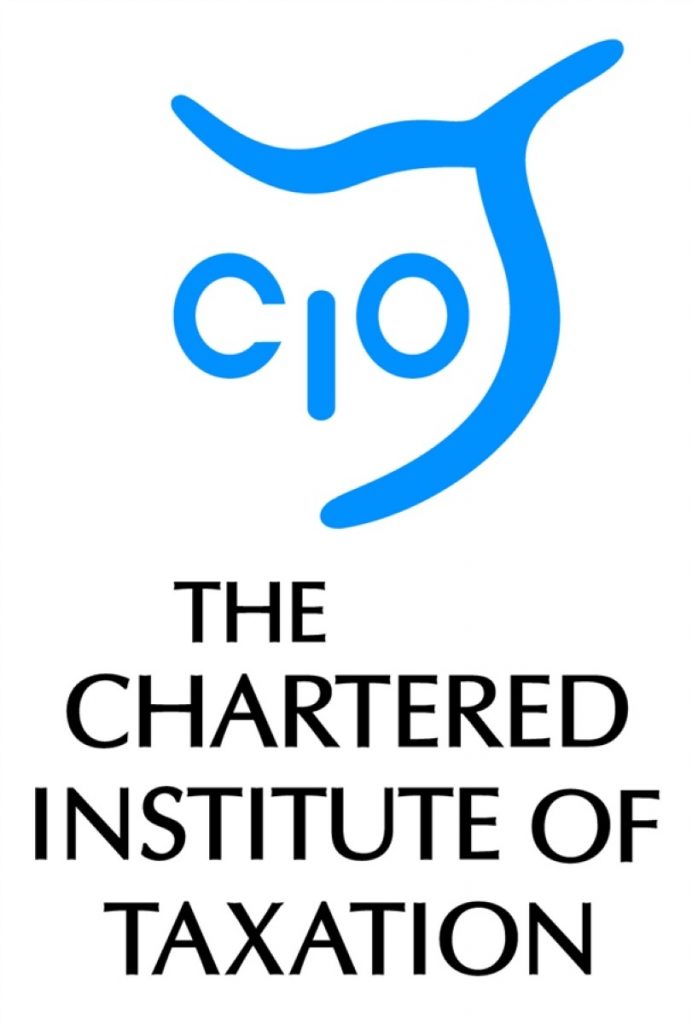Scottish Budget: Tax advisers pleased to see back of ‘slab system’ for taxing property sales
The UK’s leading tax institute has commented on the announcement of the first rates for Scotland’s Land and Buildings Transaction Tax (LBTT), made in the Scottish Government’s Draft Budget, published today.
The Institute has also published its calculations on the different amounts of tax house buyers will pay under the new system. These show that buyers of residential property worth less than £325,000 will pay less than under the current system (Stamp Duty Land Tax) and buyers of property worth more than £325,000 will pay more, once the new tax comes into effect in April 2015. The Institute has suggested this could be seen as creating a Scottish ‘Mansion Tax’.
Moira Kelly, Chair of the CIOT’s Scottish Taxes Committee, said:
“We welcome Scotland’s abolition of the ‘slab system’ which distorted property sales by creating huge ‘cliff edges’ at particular property values. For example under the current system someone buying a property for £125,000 pays no tax while someone buying a property for £125,001 pays £1,250; someone buying a property for £250,000 pays £2,500 in tax while someone buying a property for £250,001 pays three times as much. That has created huge incentives to ‘game the system’ over the years by claiming exaggerated values for fixtures and fittings. All those involved in Scottish property sales should be relieved to see the back of that crazy system, though it will of course stay in place for the rest of the UK.
“The other big story from the rates announced today is how much more progressive the new Scottish system will be. Those paying under £325,000 for a property will pay less and those paying more than that will pay more, in some cases much more. Many will see this as a Scottish ‘mansion tax’.”
The average price for a Scottish residential property is around £160,000.
Notes to editors:
1. The Chartered Institute of Taxation
The Chartered Institute of Taxation (CIOT) is the leading professional body in the United Kingdom concerned solely with taxation. The CIOT is an educational charity, promoting education and study of the administration and practice of taxation. One of our key aims is to work for a better, more efficient, tax system for all affected by it – taxpayers, their advisers and the authorities. The CIOT’s work covers all aspects of taxation, including direct and indirect taxes and duties. Through our Low Incomes Tax Reform Group (LITRG), the CIOT has a particular focus on improving the tax system, including tax credits and benefits, for the unrepresented taxpayer.
The CIOT draws on our members’ experience in private practice, commerce and industry, government and academia to improve tax administration and propose and explain how tax policy objectives can most effectively be achieved. We also link to, and draw on, similar leading professional tax bodies in other countries. The CIOT’s comments and recommendations on tax issues are made in line with our charitable objectives: we are politically neutral in our work.
The CIOT’s 17,000 members have the practising title of ‘Chartered Tax Adviser’ and the designatory letters ‘CTA’, to represent the leading tax qualification.





-01.png)